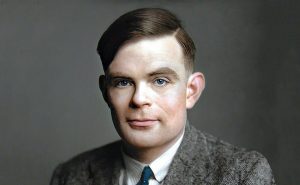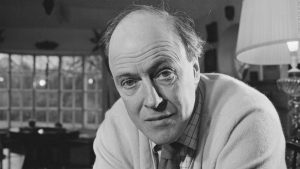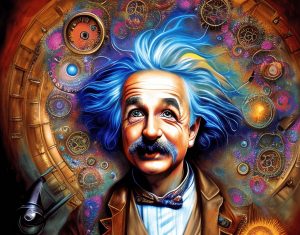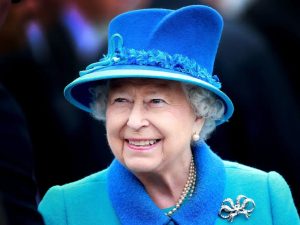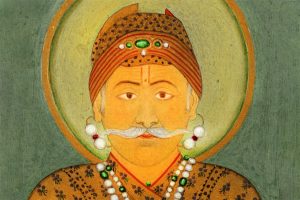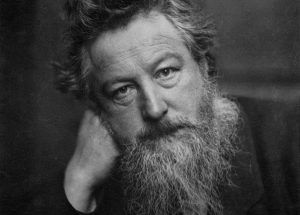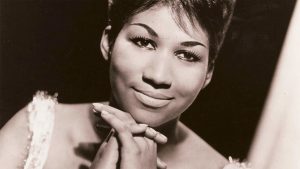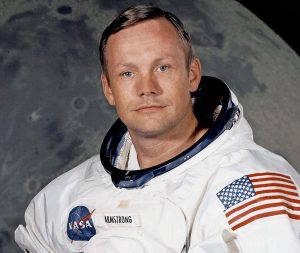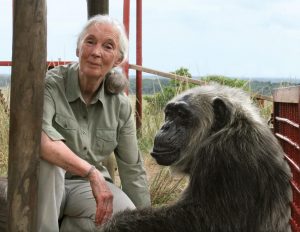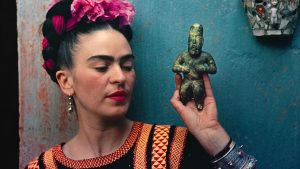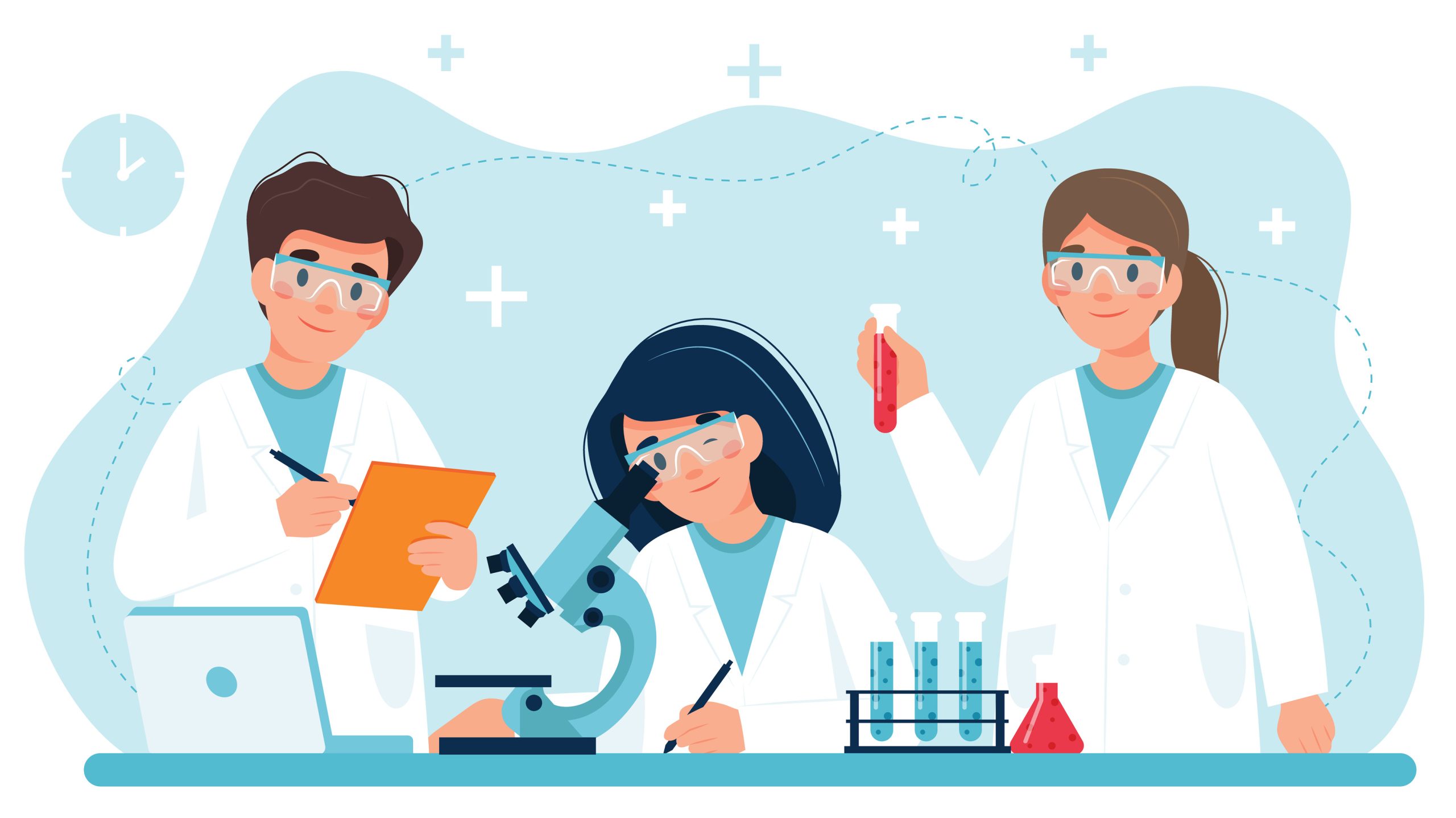
25 interesting facts about scientists
- 👁️ 392
Scientists are some of the most important people in the world. They explore and uncover new knowledge about our planet, the universe, and everything in between. But did you know that scientists also have some very interesting quirks and habits? In this article, we will explore some fascinating and unique facts about scientists.
- Albert Einstein had a very unusual brain, with more glial cells than the average person. Glial cells are non-neuronal cells that support and protect neurons in the brain.
- Isaac Newton is said to have suffered from mercury poisoning, which was a common treatment for medical ailments during his time.
- Stephen Hawking was a huge fan of “The Simpsons” and even made an appearance on the show.
- Marie Curie was the first woman to win a Nobel Prize and the first person to win two Nobel Prizes in different fields.
- Neil Armstrong was a licensed pilot before becoming an astronaut and even had to eject from a Lunar Landing Research Vehicle during a training exercise.
- Nikola Tesla was a germaphobe and refused to shake hands with people.
- Jane Goodall is famous for her work with chimpanzees, but she is also a vegetarian and has been for many years.
- Galileo Galilei was sentenced to house arrest by the Catholic Church for his beliefs about the universe, but continued to work on his scientific discoveries while confined.
- Rosalind Franklin was a chemist who contributed significantly to the discovery of the structure of DNA, but her work was often overshadowed by her male colleagues.
- Richard Feynman was a physicist who loved to play the bongos and even wrote a book about it.
- Thomas Edison was known for taking naps throughout the day to help refresh his mind and increase his productivity.
- Ada Lovelace is often considered the world’s first computer programmer, having created the first algorithm meant to be processed by a machine.
- Francis Crick and James Watson are famous for discovering the structure of DNA, but they also won a Nobel Prize for their work on uncovering the genetic code.
- Mae Jemison was the first black woman to travel in space and is also a trained physician and engineer.
- Carl Sagan was a renowned astronomer and science communicator, but he was also a prolific author of science fiction.
- Jane Cooke Wright was an oncologist who revolutionized cancer treatment by discovering the effects of chemotherapy on cancer cells.
- Margaret Hamilton was the lead software engineer for the Apollo 11 mission, which sent humans to the moon for the first time.
- Hedy Lamarr was an actress and inventor who co-developed a technology that was a precursor to modern-day Wi-Fi and Bluetooth.
- James Clerk Maxwell is considered one of the most important physicists of all time and is best known for his work on electromagnetic theory.
- Rachel Carson was a marine biologist who wrote “Silent Spring,” which is often credited with helping to launch the environmental movement.
- Jonas Salk developed the first successful polio vaccine, which is still used today.
- Michael Faraday is considered one of the most important experimentalists in the history of science and made significant contributions to the fields of electromagnetism and electrochemistry.
- Chien-Shiung Wu was a physicist who played a crucial role in the Manhattan Project and was also known for her work on beta decay.
- Robert Boyle was a chemist who is often referred to as the father of modern chemistry and is credited with discovering Boyle’s law.
- Lynn Margulis was a biologist who is best known for her work on the endosymbiotic theory, which explains how eukaryotic cells evolved from simpler prokaryotic cells.
